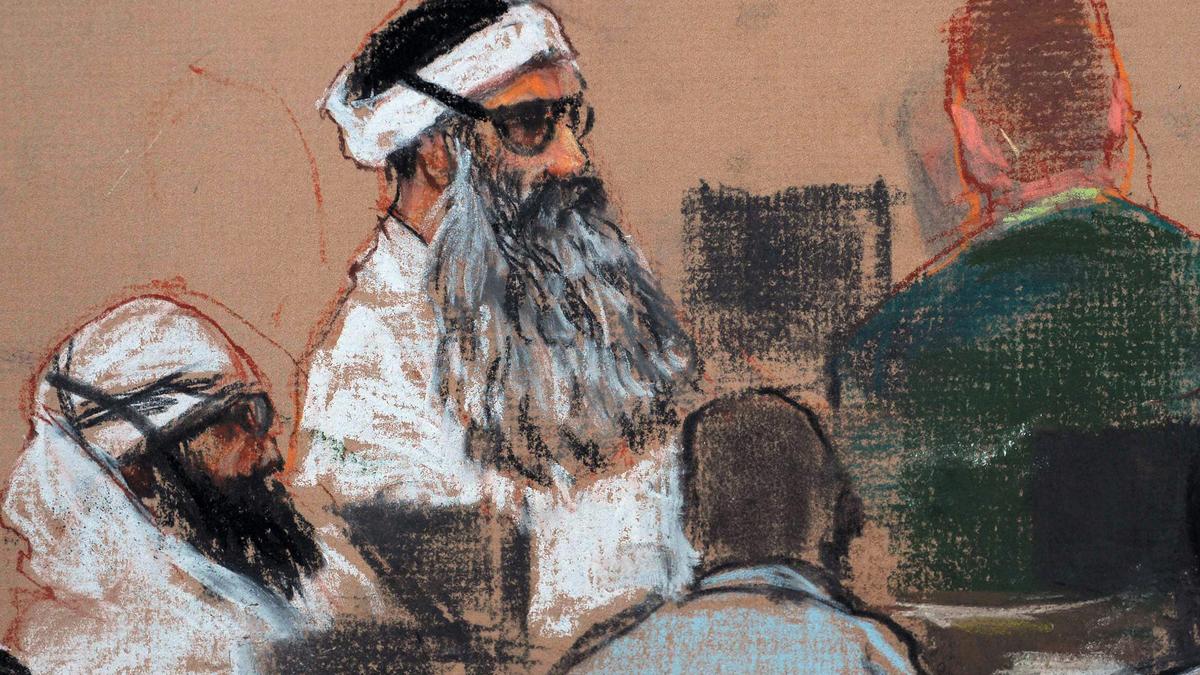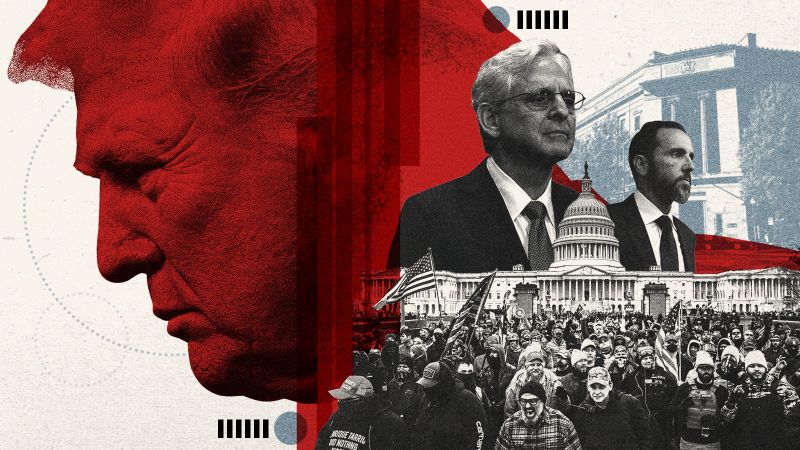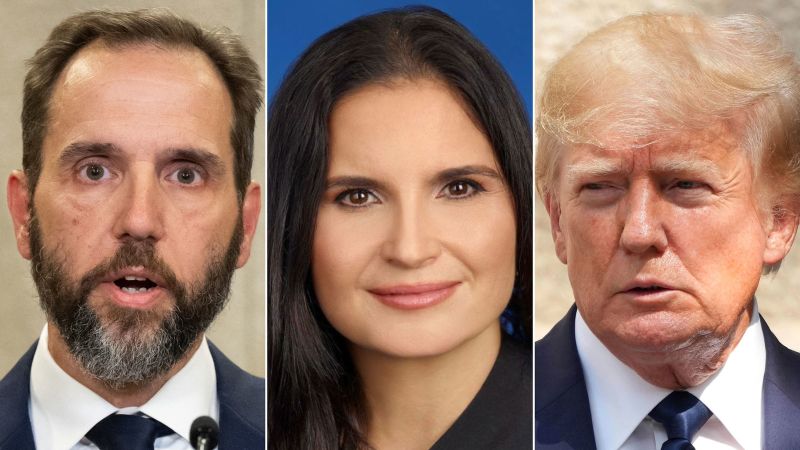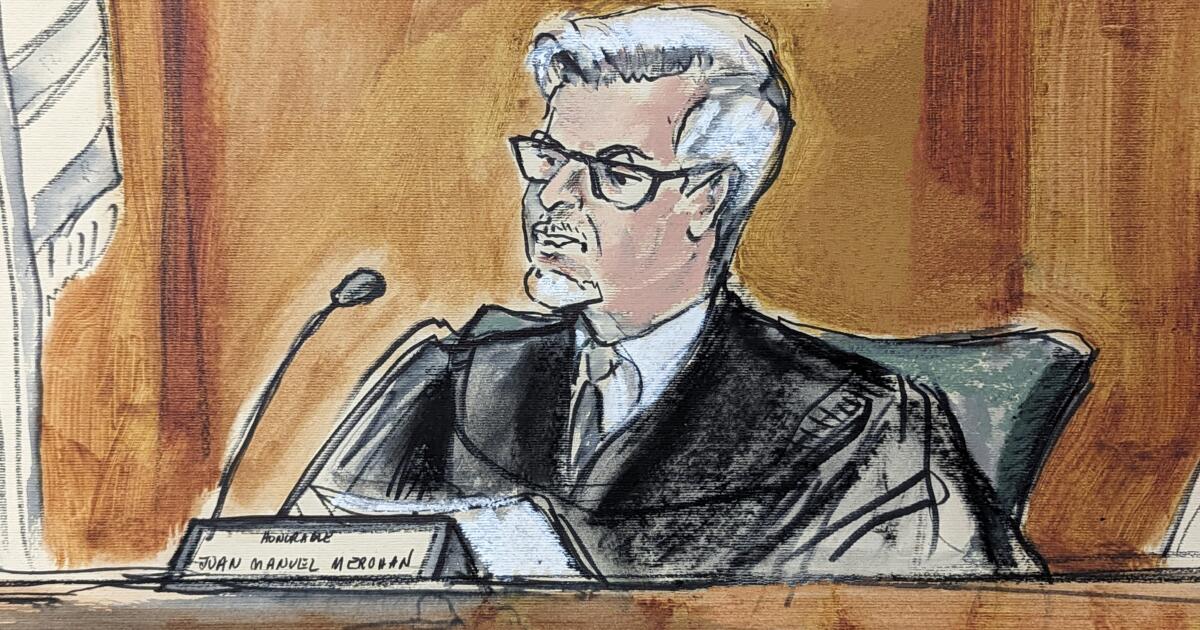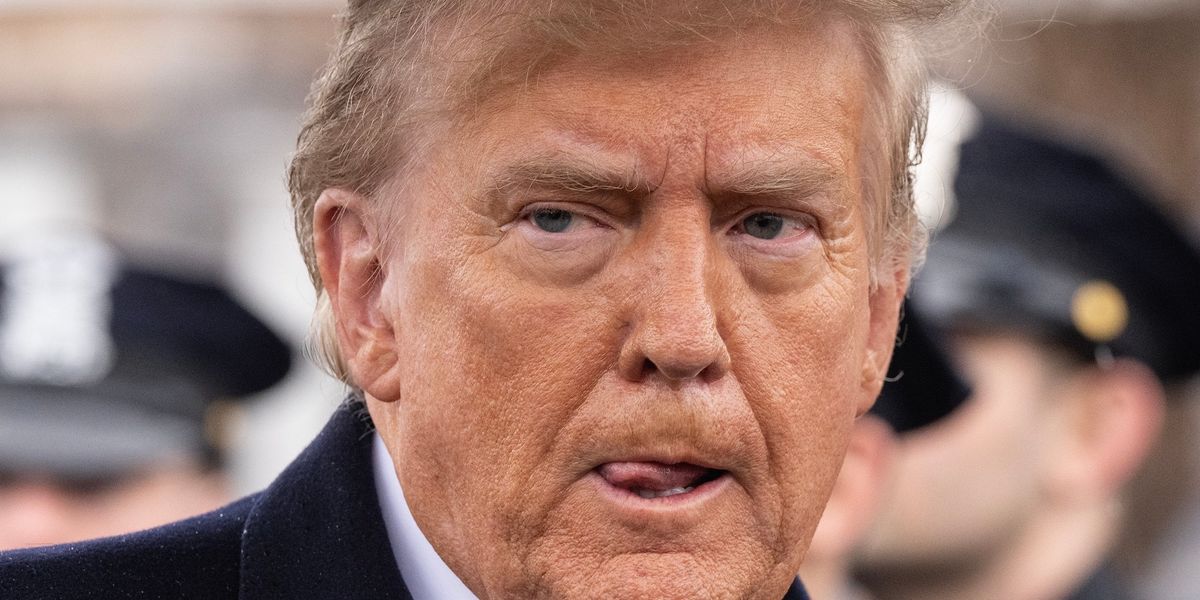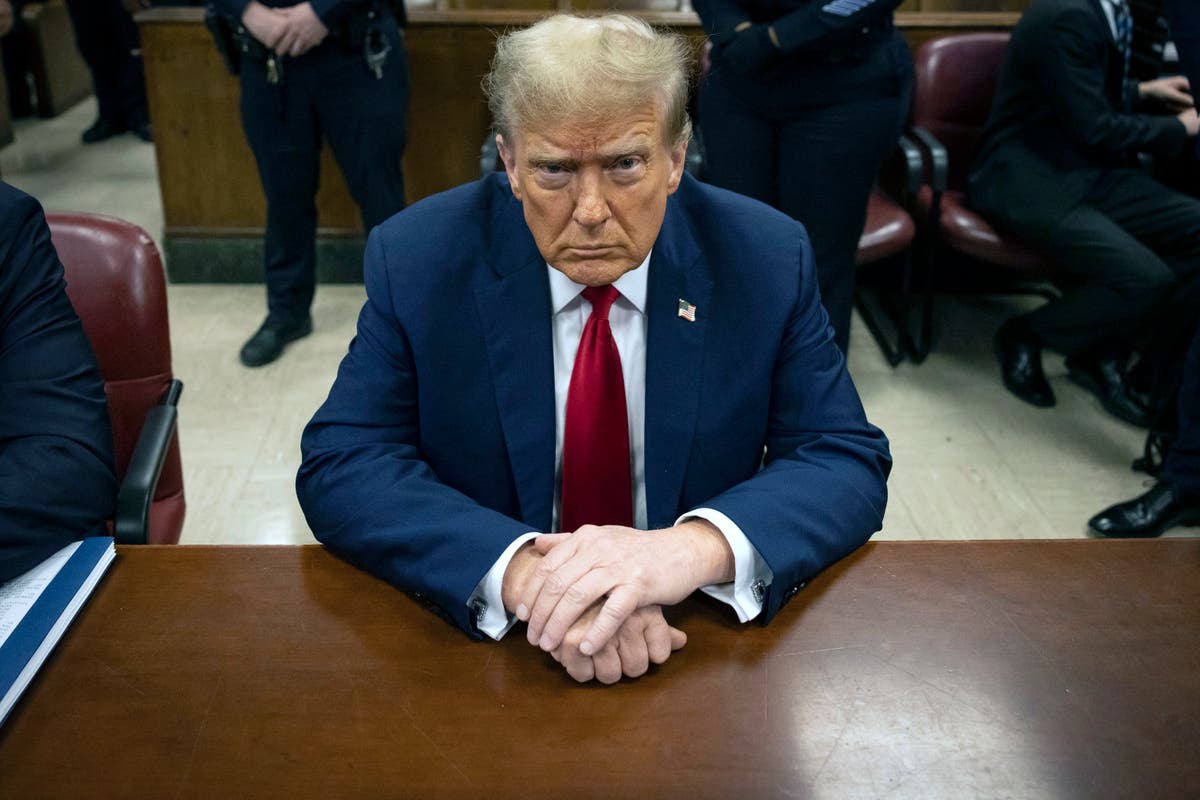
Trump’s November sentencing in hush money case now in jeopardy after judge delays ruling on verdict
The IndependentSign up for the daily Inside Washington email for exclusive US coverage and analysis sent to your inbox Get our free Inside Washington email Get our free Inside Washington email SIGN UP I would like to be emailed about offers, events and updates from The Independent. Read our privacy policy The judge overseeing Donald Trump’s historic hush money trial is delaying a ruling on whether to toss out a verdict after the Supreme Court’s landmark “immunity” ruling. According to emails filed in court, the president-elect’s attorneys asked for a delay in the days after he won the presidential election, arguing that throwing out the case is “necessary to avoid unconstitutional impediments to President Trump’s ability to govern.” In response, Manhattan prosecutors asked the court to adjourn the upcoming scheduled dates “to afford the People time to assess these recent developments” and to make their arguments about “appropriate steps going forward.” open image in gallery Donald Trump, pictured sitting in New York Justice Juan Merchan’s courtroom in Manhattan in April, will face another delay on whether the verdict in his hush money case can be tossed out On May 30, a jury found Trump guilty of falsifying business records in connection with a scheme to silence adult film star Stormy Daniels, whose story about having sex with Trump threatened to derail his 2016 presidential campaign. “Rather than wait for the Supreme Court’s guidance, the prosecutors scoffed with hubris at President Trump’s immunity motion” and “insisted on rushing to trial” before the Supreme Court’s decision. open image in gallery New York Justice Juan Merchan pushed back a decision on Trump’s ‘immunity’ claims in his hush money case until November 19 — a week before the president-elect was scheduled to be sentenced Blanche argued that Alvin Bragg’s office forced the court to “front-run the Supreme Court on a federal constitutional issue with grave implications for the operation of the federal government and the relationships between state and federal officials.” “The record is clear: was wrong, very wrong,” Blanche added.
History of this topic
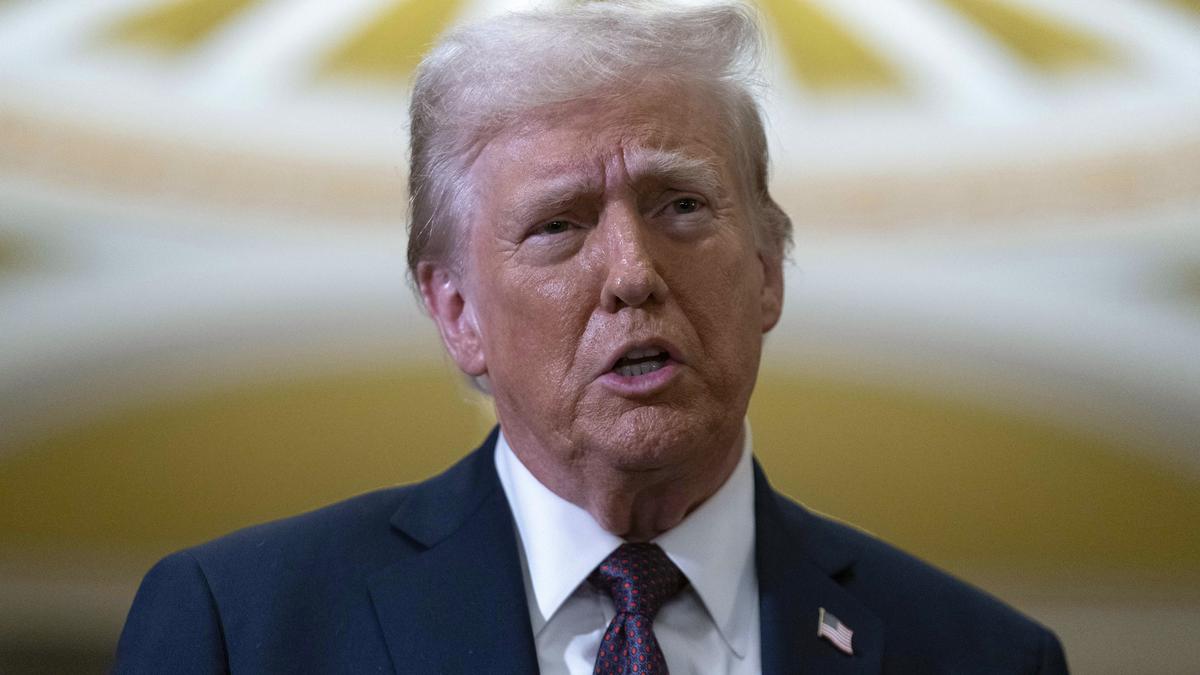
Hush-money case | Supreme Court Justice Samuel Alito says he spoke with Trump
The Hindu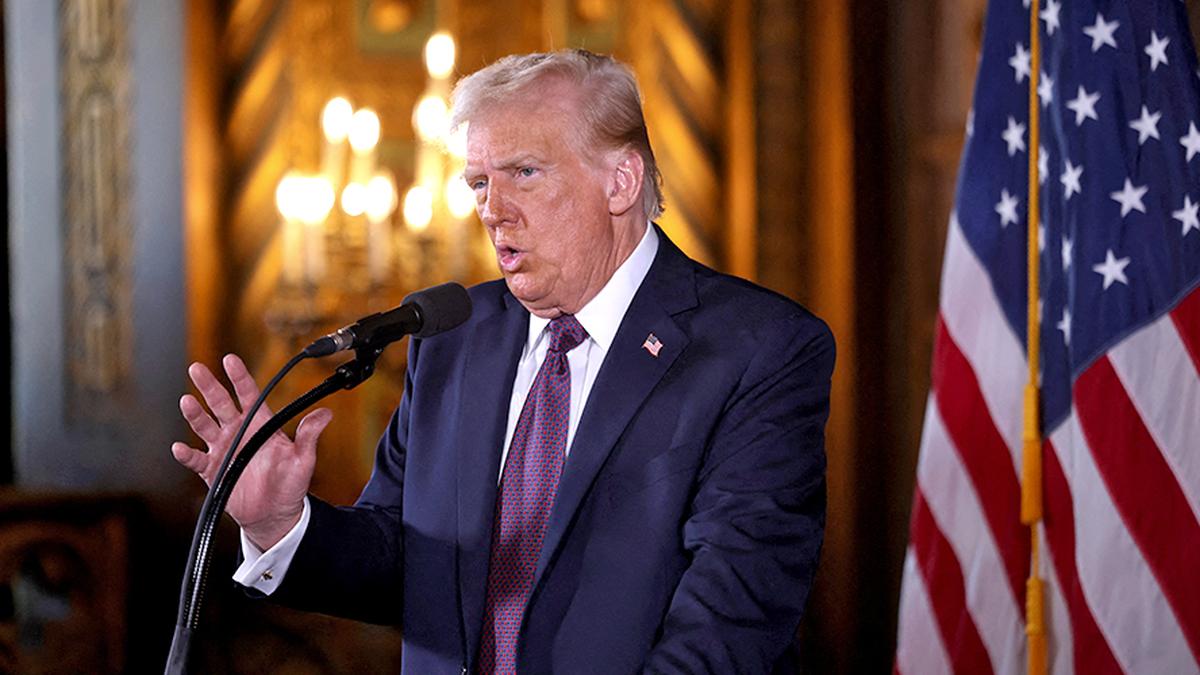
Donald Trump asks Supreme Court to block sentencing in his hush money case in New York
The Hindu
Live updates: Trump presidential transition news
CNN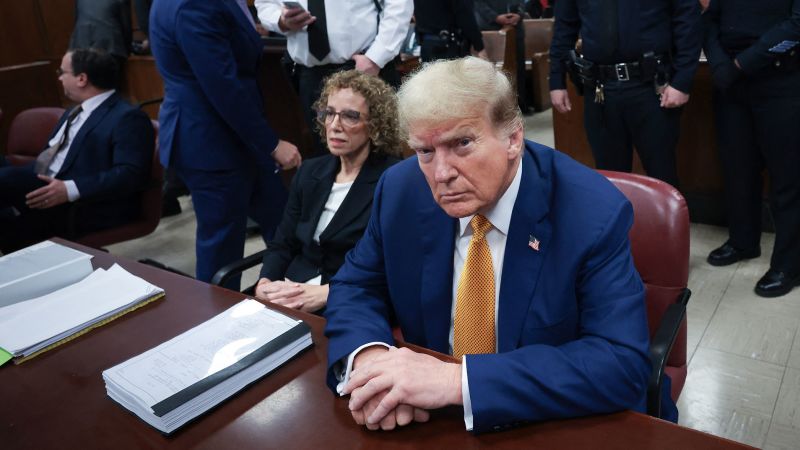
Trump asks Supreme Court to pause sentencing in hush money case
CNN
Trump asks Supreme Court to block his sentencing in New York criminal case
LA Times
US court denies Trump's bid to delay hush money sentencing
India Today
Appeals court rejects Trump's latest attempt to get Friday's hush money sentencing called off
India Today
Donald Trump appeals to Supreme Court for delay in hush money sentencing
India Today
Appeals Court Rejects Trump's Bid To Stop Sentencing
Huff PostAppeals court rejects Trump’s latest attempt to get Friday’s hush money sentencing called off
Associated Press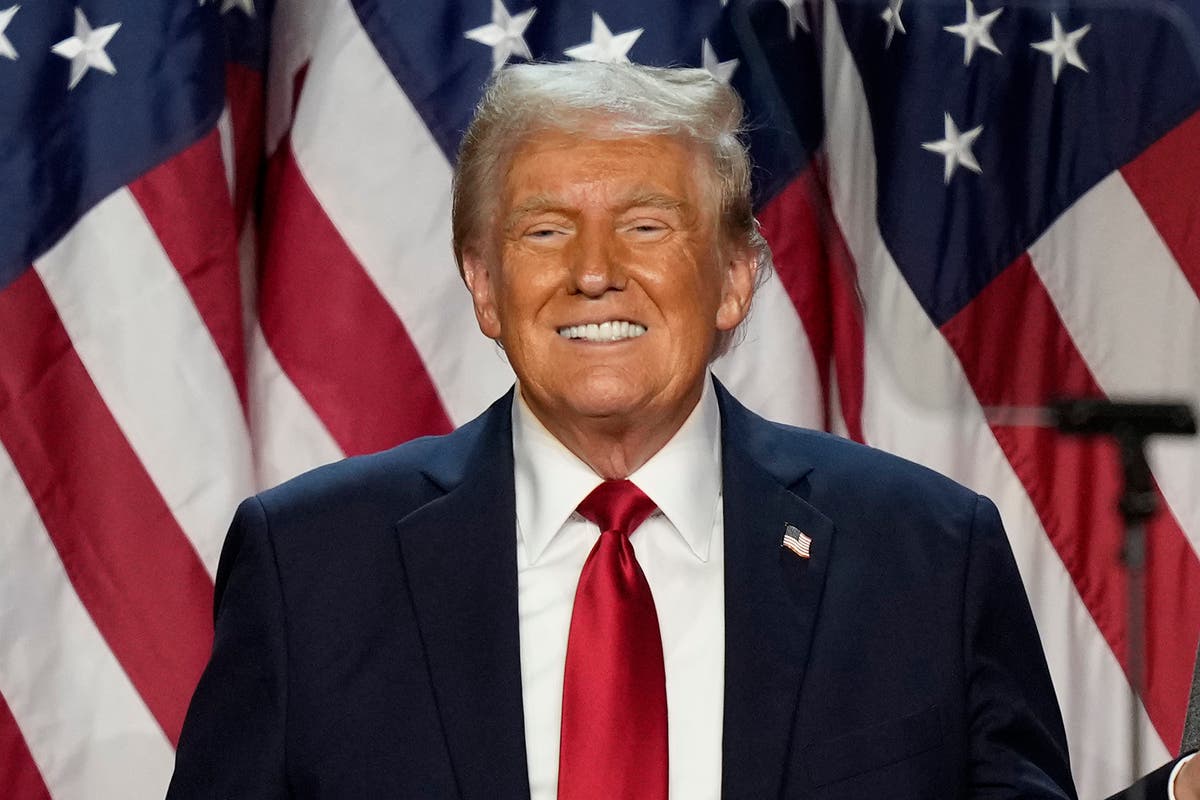
Trump’s election win certified by Congress as he fights on to stop hush-money sentencing: Live updates
The Independent
Donald Trump faces Jan 10 sentencing in hush money case after judge says no to delay
Live Mint
President-elect Donald Trump tries again to get Friday's hush money sentencing called off
India Today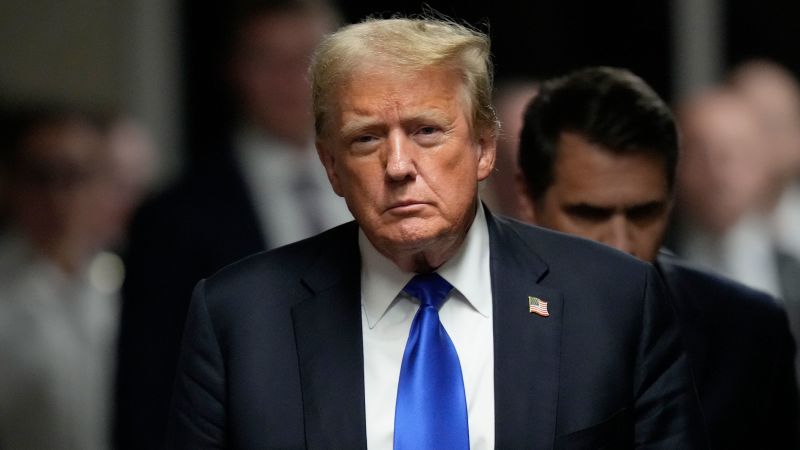
NY appeals court rejects Trump’s emergency request to delay Friday hush money sentencing
CNN
Appeals court rejects Trump’s latest attempt to call off sentencing in his felony conviction
LA Times
US judge denies Donald Trump's plea to delay sentencing in hush money case
India Today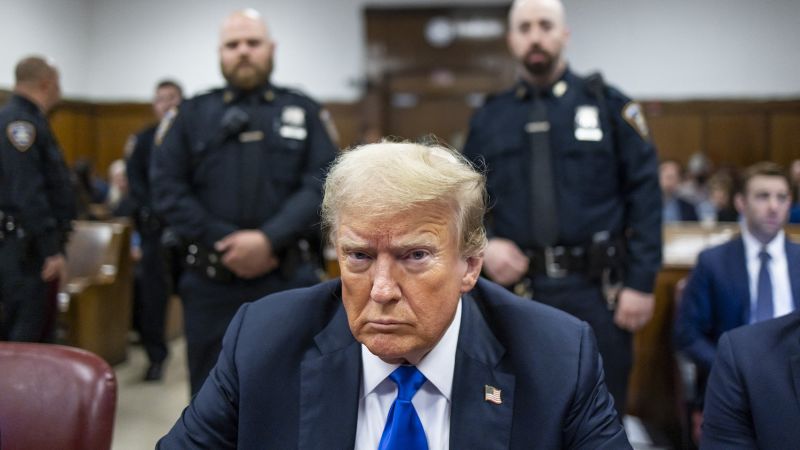
Judge denies Trump’s plea to delay Friday’s sentencing on his hush money conviction
CNN
Hush money case: Trump's lawyers urge judge to halt Friday's sentencing amid appeal
India Today
Trump hush money judge 'still has another couple of tricks up his sleeve': legal expert
Raw Story
Trump team lashes out after he’s ordered to appear for sentencing in hush-money case before inauguration: Live
The Independent
Trump team lashes out after he’s ordered to appear for sentencing in hush-money case before inauguration: Live
The Independent
Trump claims ‘corrupt’ Judge Merchan ‘broke the law’ in hush-money case
Hindustan Times
Trump faces sentencing as President-elect, court denies dismissal motion
Hindustan TimesTrump’s sentencing is set for Jan. 10. Here’s what could happen next
Associated Press
US judge sets date for Donald Trump hush-money sentencing but rules out prison term
Hindustan Times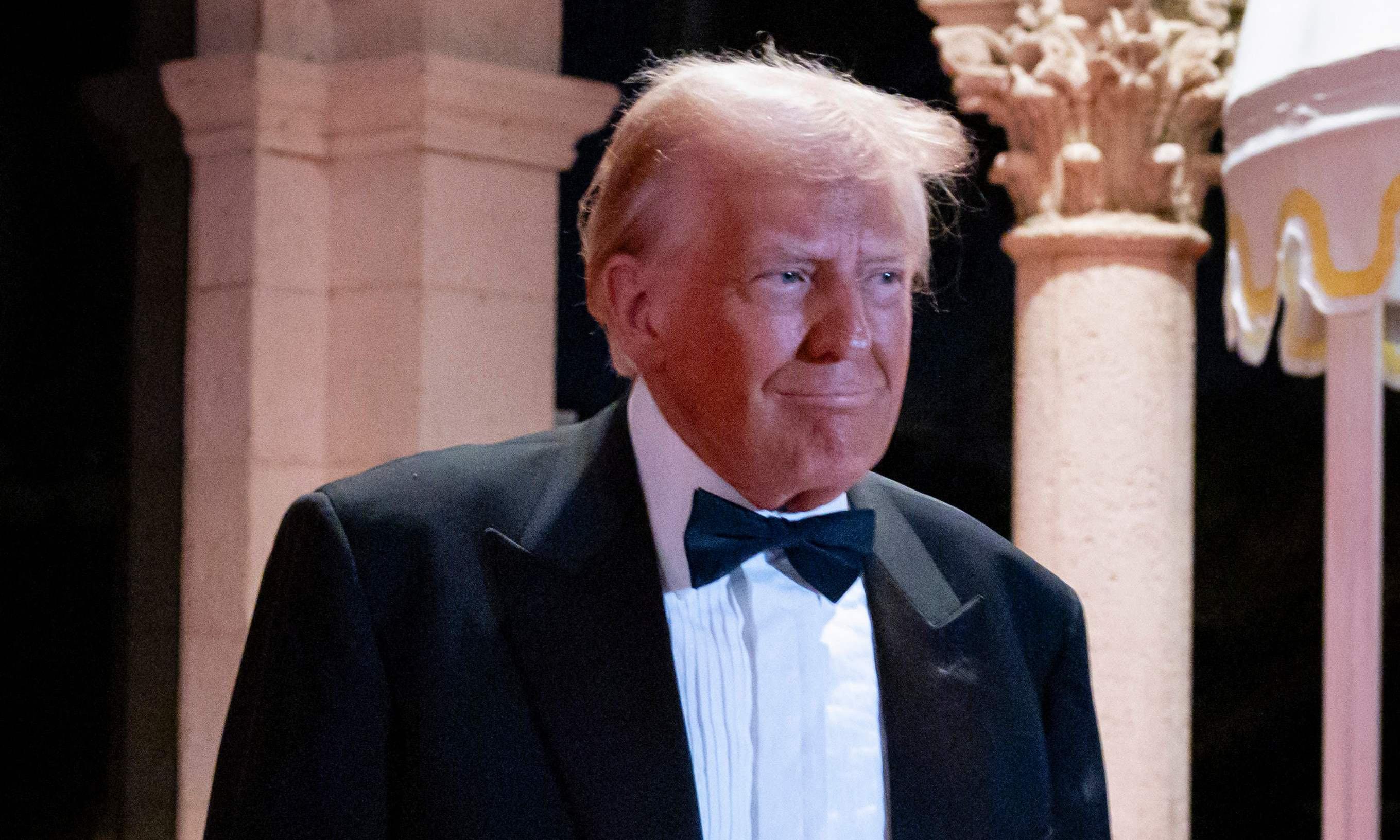
Hush money case: Trump to be sentenced on Jan 10, won't face jail time
Deccan ChronicleExcerpts from the judge’s ruling to go ahead with Trump sentencing
Associated PressJudge rules president-elect Donald Trump must be sentenced in 'hush money' trial
ABC
Donald Trump's sentencing set for January 10: What it means
India Today
Trump to be sentenced in hush money case on Jan 10, a week before taking office
India Today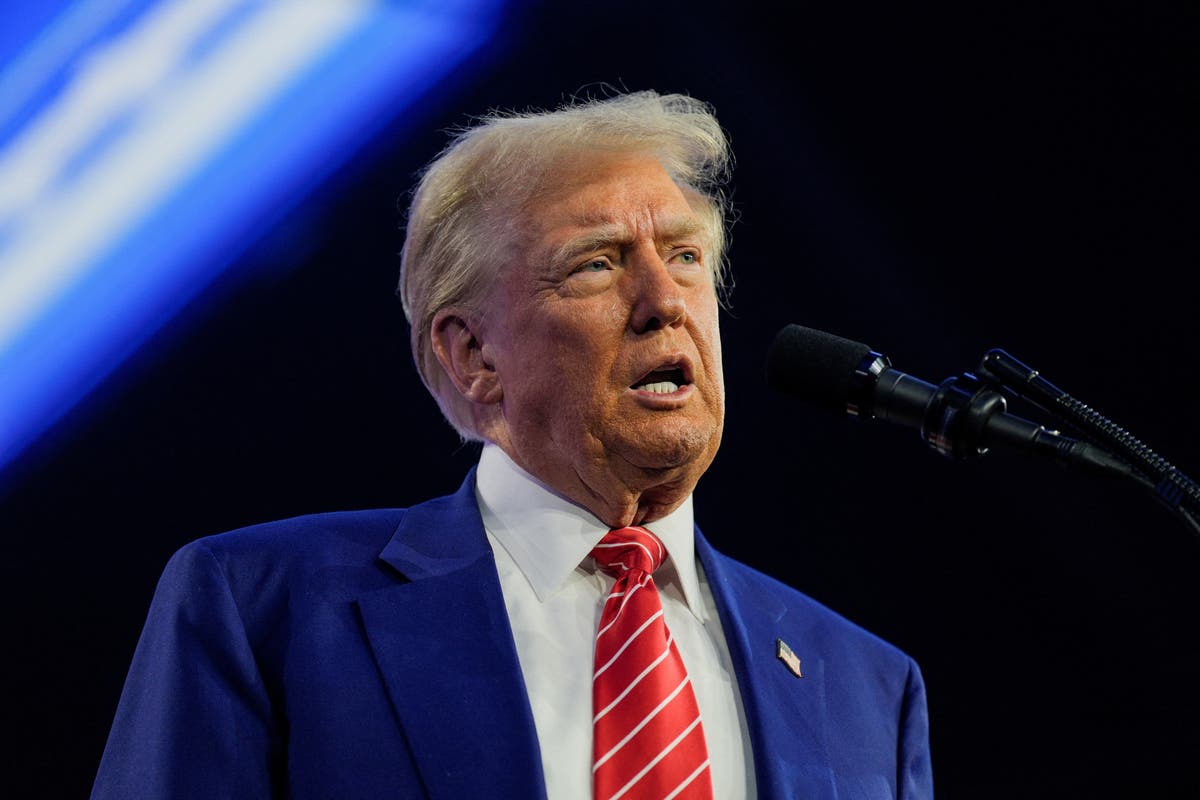
Judge orders Trump to be sentenced on Jan. 10 in hush-money case
The Independent
‘Witch Hunt’: Trump spokesman lashes out after Trump ordered to appear for sentencing
Raw Story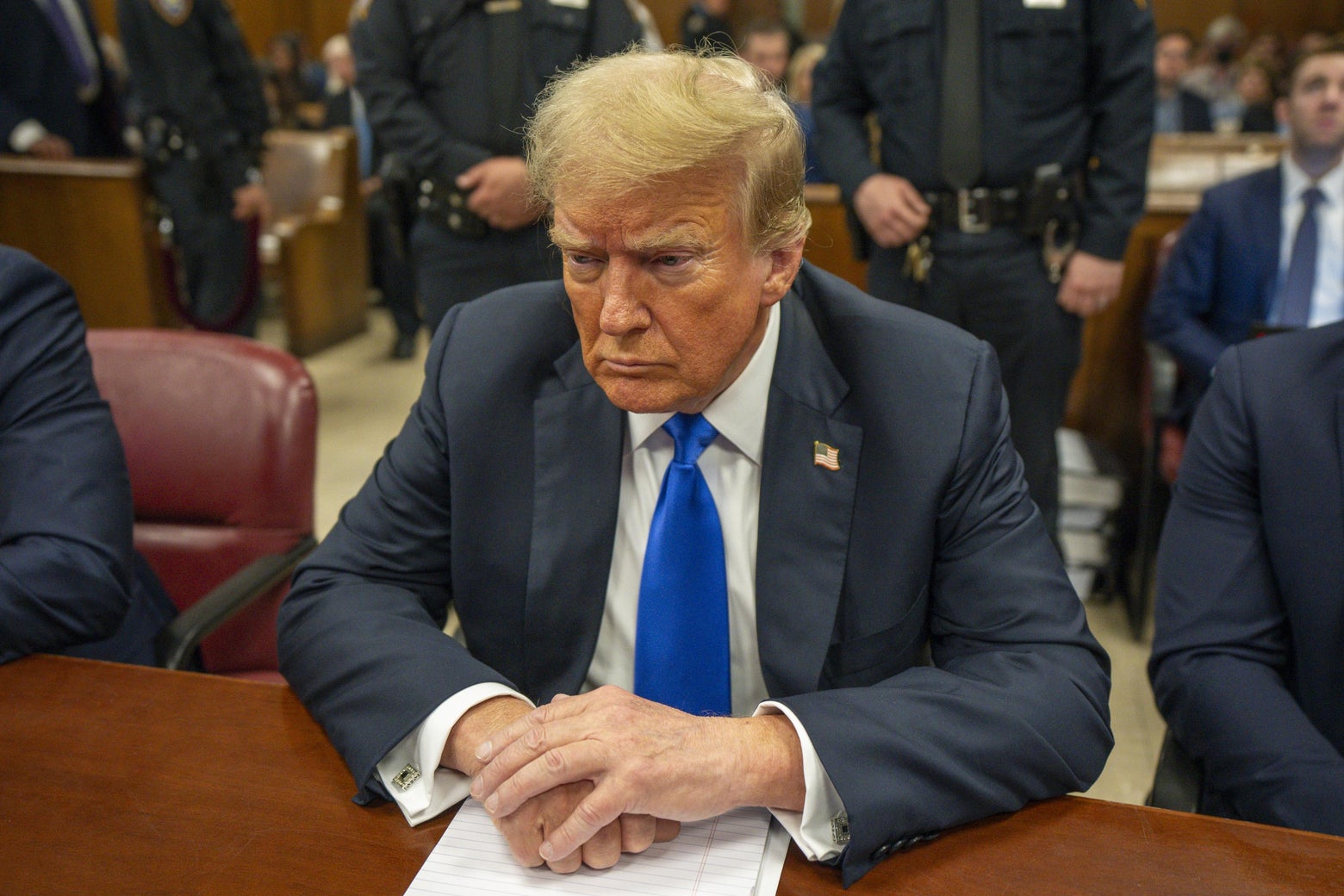
Judge Merchan’s Plan to Sentence Trump Sends a Courageous But Likely Doomed Message
Slate
'Banana republic!' MAGA melts down as judge sets sentencing in Trump's hush money case
Raw Story
'Stunning': Legal analyst shocked that judge scheduled sentencing for Trump
Raw Story
Trump Ordered To Appear For Sentencing In Hush Money Trial
Huff Post
Trump will be sentenced in hush money case on January 10
Daily Mail
Judge upholds Trump's conviction, sets sentencing for Jan. 10
LA Times
Pardon Trump? New York governor says president-elect would have to show ‘remorse’
Associated Press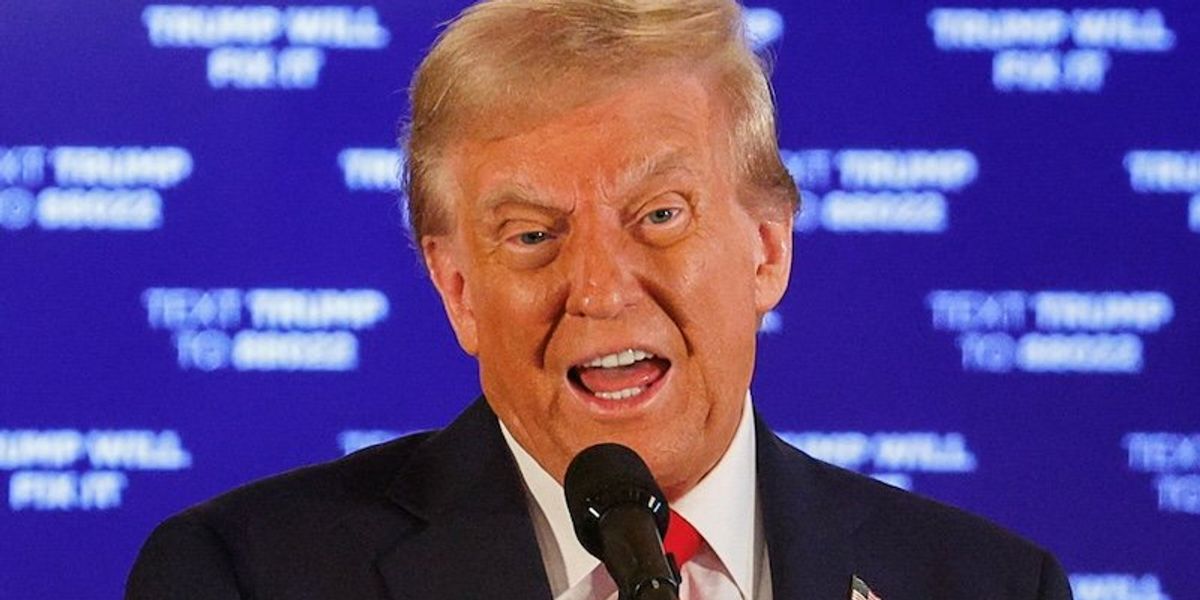
'Grave juror misconduct': Trump lawyers mount new bid to dismiss hush money case
Raw Story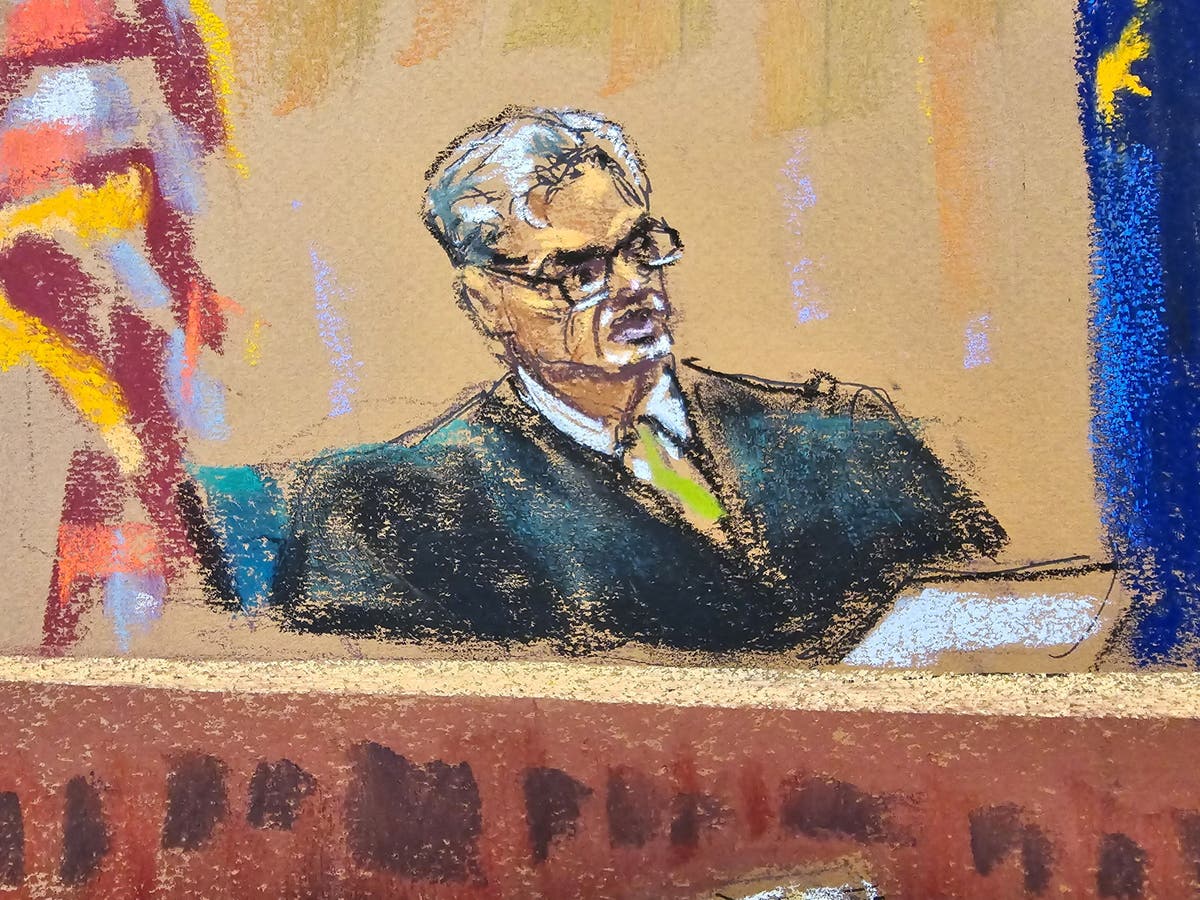
Trump bashes ‘psychotic’ decision by Judge Merchan to hold him accountable in hush money case
The Independent
Trump Claims To Have Evidence Of Juror Misconduct In Hush Money Case
Huff Post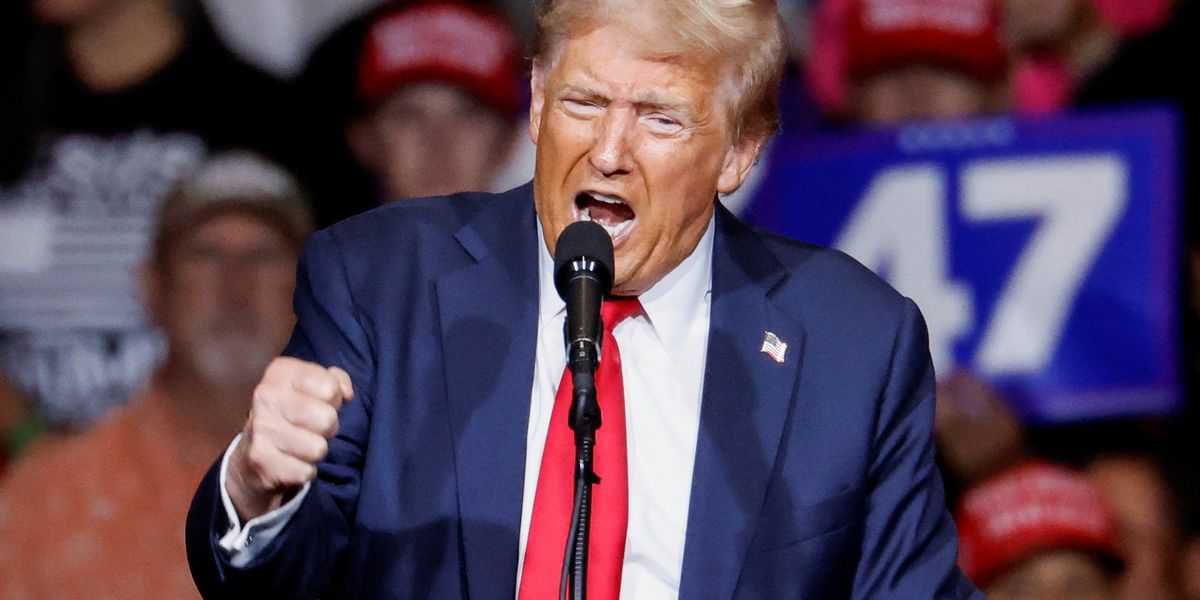
'Psychotic': Trump posts furious attack on judge who refused to accept immunity bid
Raw Story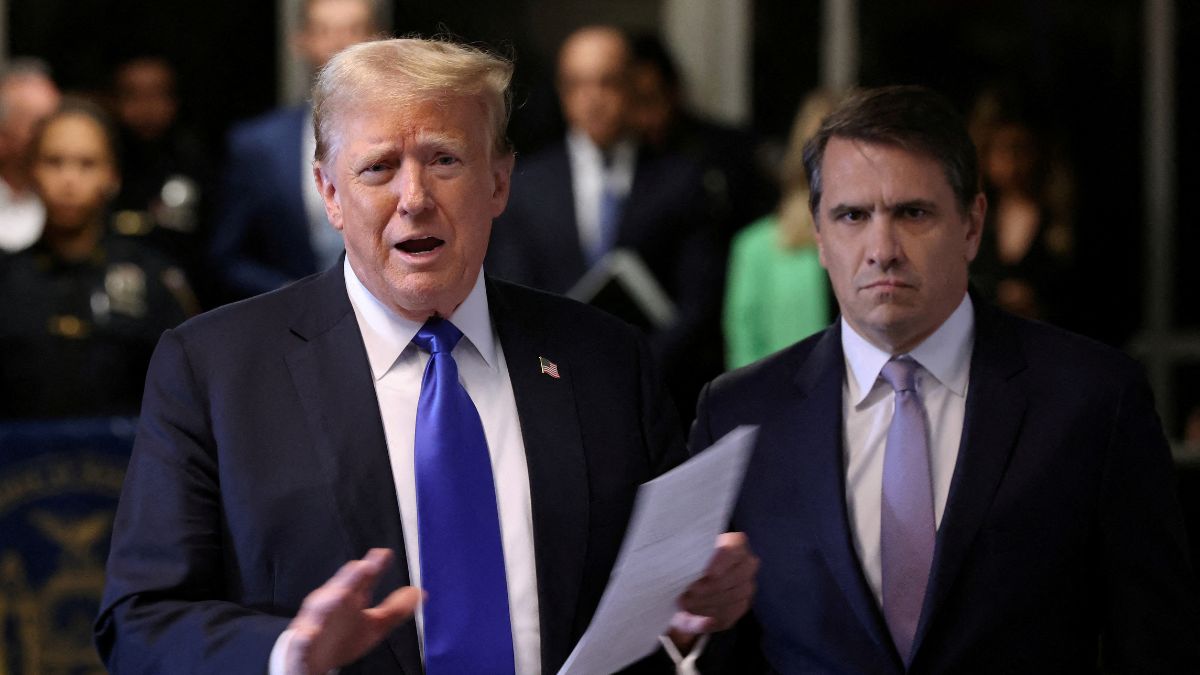)
A criminal trial while in office? Will Trump's hush money conviction stand?
Firstpost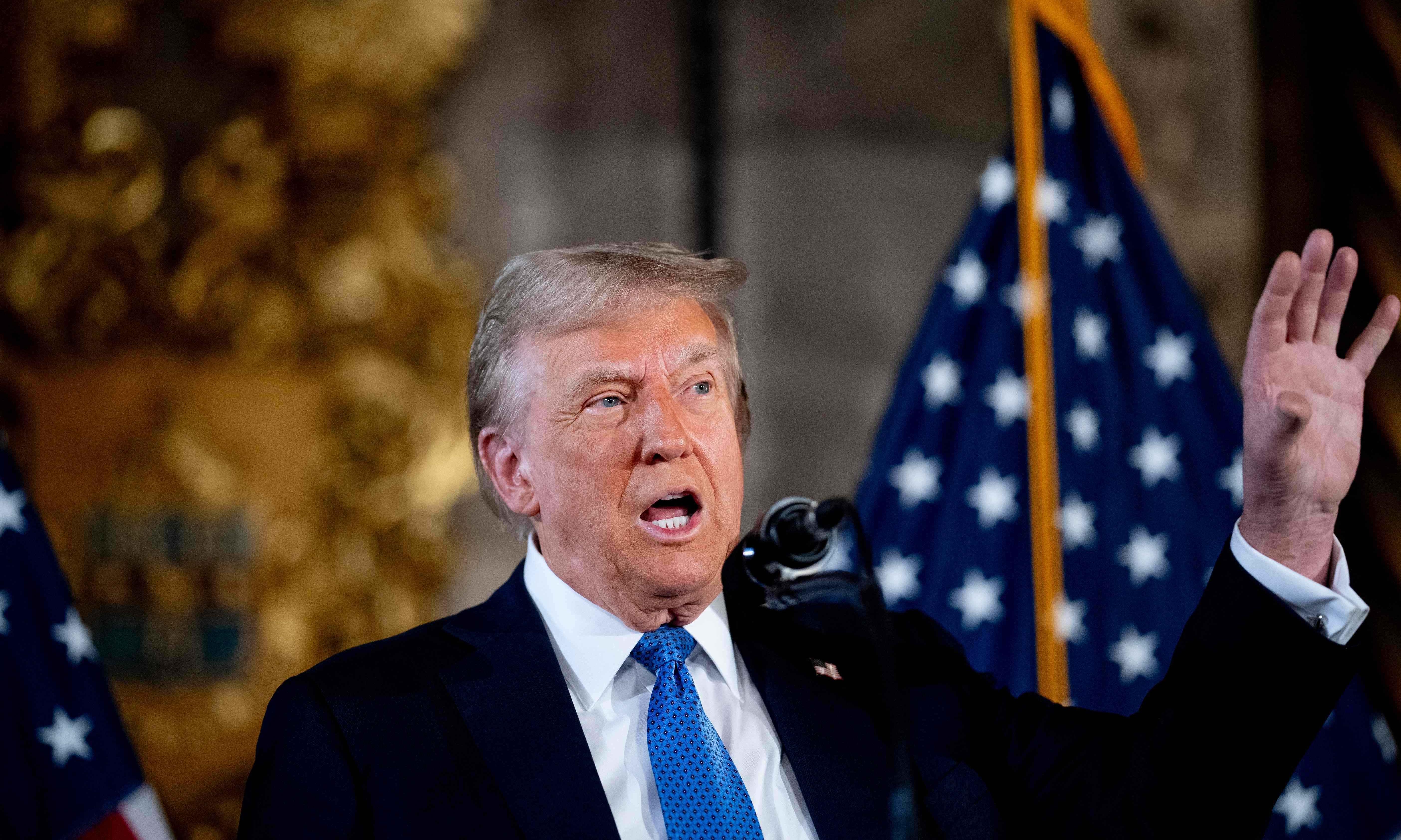
Judge rules against Trump bid to throw out hush money conviction
Deccan Chronicle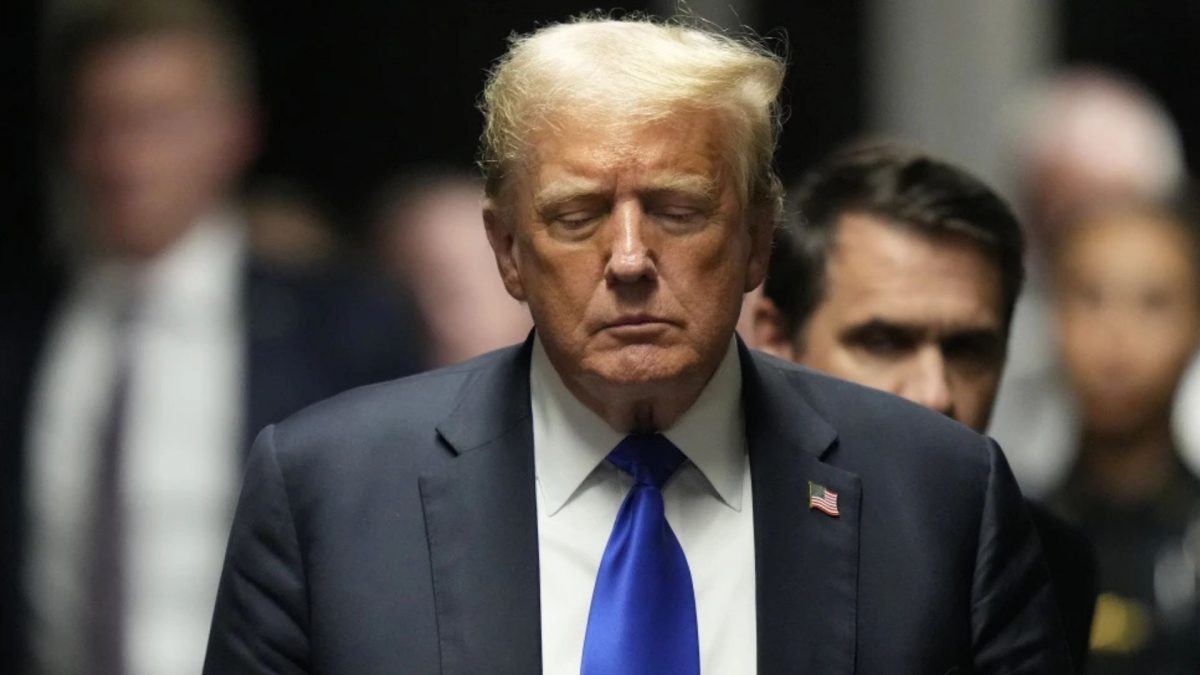)
Setback for Trump, US court rejects his bid to throw out hush money conviction
Firstpost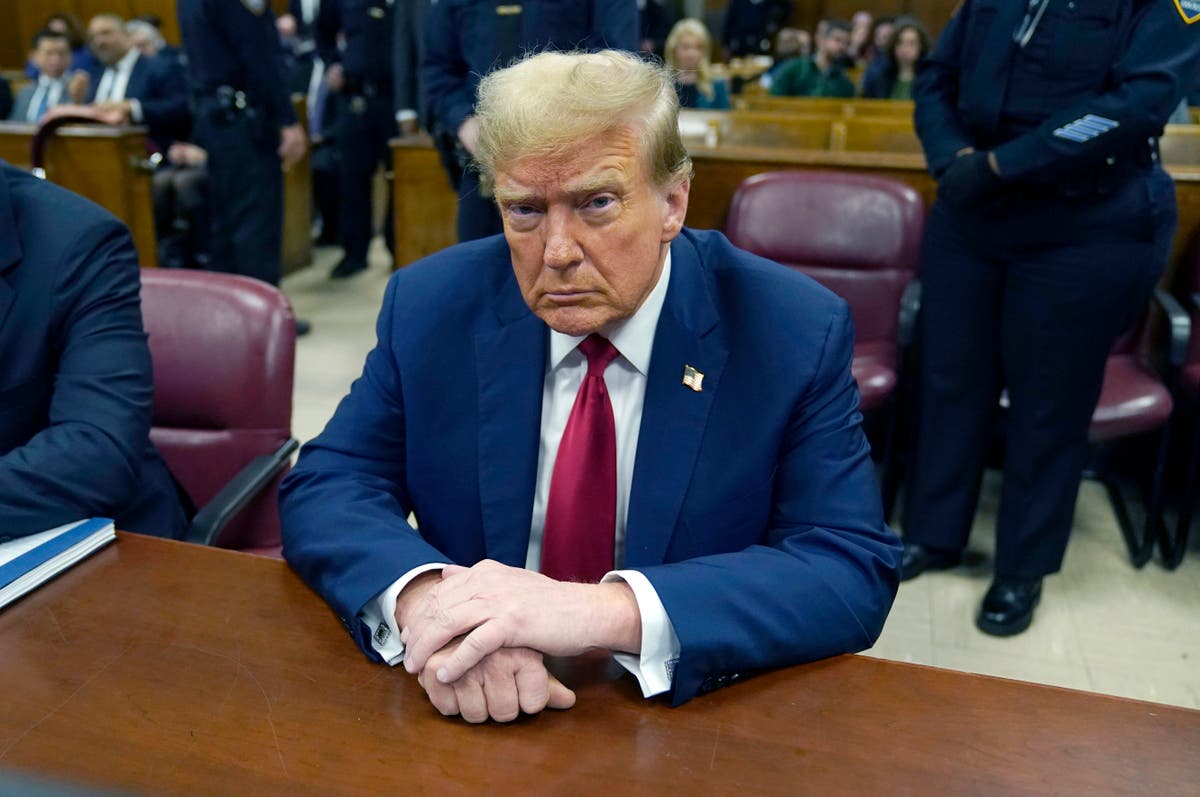
Trump hush money judge refuses to throw out conviction on presidential ‘immunity’ grounds
The Independent
No presidential immunity for Trump in hush money case
Hindustan Times
Trump dealt major blow in bid to quash hush money convictions before inauguration
Raw StoryJudge rejects Trump’s bid to toss hush money conviction because of Supreme Court immunity ruling
Associated PressDiscover Related
